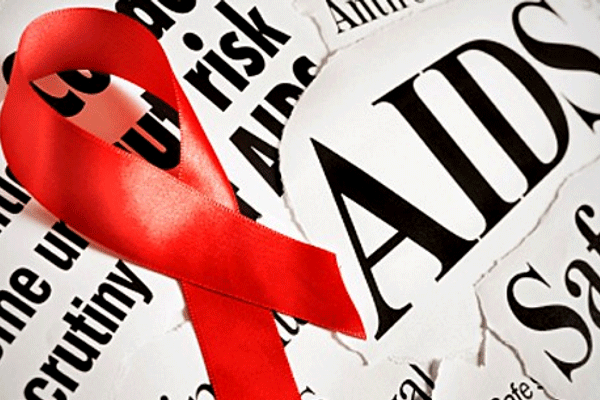
In a bid to reach the 90-90-90 HIV and Aids target by 2030, the National Aids Council of Zimbabwe (NAC) has introduced a preventative measure, pre-exposure prophylaxis (PrEP), for HIV high-risk negative persons.
BY NIZBERT MOYO
NAC Bulawayo provincial manager Sinatra Nyathi told Southern Eye on Tuesday that the daily dose of anti-retrovirals was meant for those who were at high risk of infection.
“We have introduced a pre-exposure prophylaxis programme which caters for those who are HIV negative, but are at high risk of being infected with HIV. These include people who are on separation. For example, those leaving abroad, sex workers and lesbians, among others, are required to prevent HIV infection by taking a pill every day,” she said.
“We encourage people to take the tablets whenever they think they are at risk. For example, whenever one’s partner comes from abroad, they should take the tablets, but not continuously.”
Nyathi said there were a number of programmes that had been lined up, indicating that the programmes would have an impact such as reaching out to peer educators in schools and mines.
She said they would also reach out to vulnerable adolescent girls and young women, which include reaching them with sexual reproductive health and rights information.
The NAC Bulawayo provincial manager said the training of girls who would have been abused involves support of their educational facilities so that they realise their initial dreams, including financial empowerment.
- Chamisa under fire over US$120K donation
- Mavhunga puts DeMbare into Chibuku quarterfinals
- Pension funds bet on Cabora Bassa oilfields
- Councils defy govt fire tender directive
Keep Reading
She said the country does not have ARV shortages, adding that they mobilise support from other sectors as they have a responsibility to do so.
Nyathi also said they do not have the capacity to feed people, but encouraged communities to assist in that regard.
The UNAids “90-90-90” strategy calls for 90% of HIV-infected individuals to be diagnosed by 2020, 90% of whom will be on anti-retroviral therapy and 90% of whom will achieve sustained virologic suppression.
Reaching these targets by 2020 will reduce the HIV epidemic to a low-level endemic disease by 2030.











